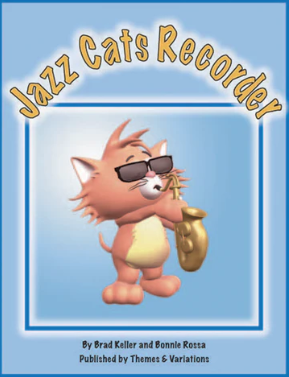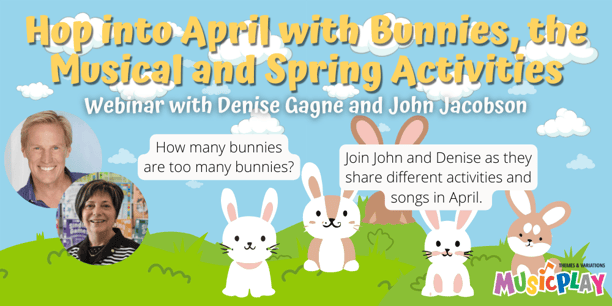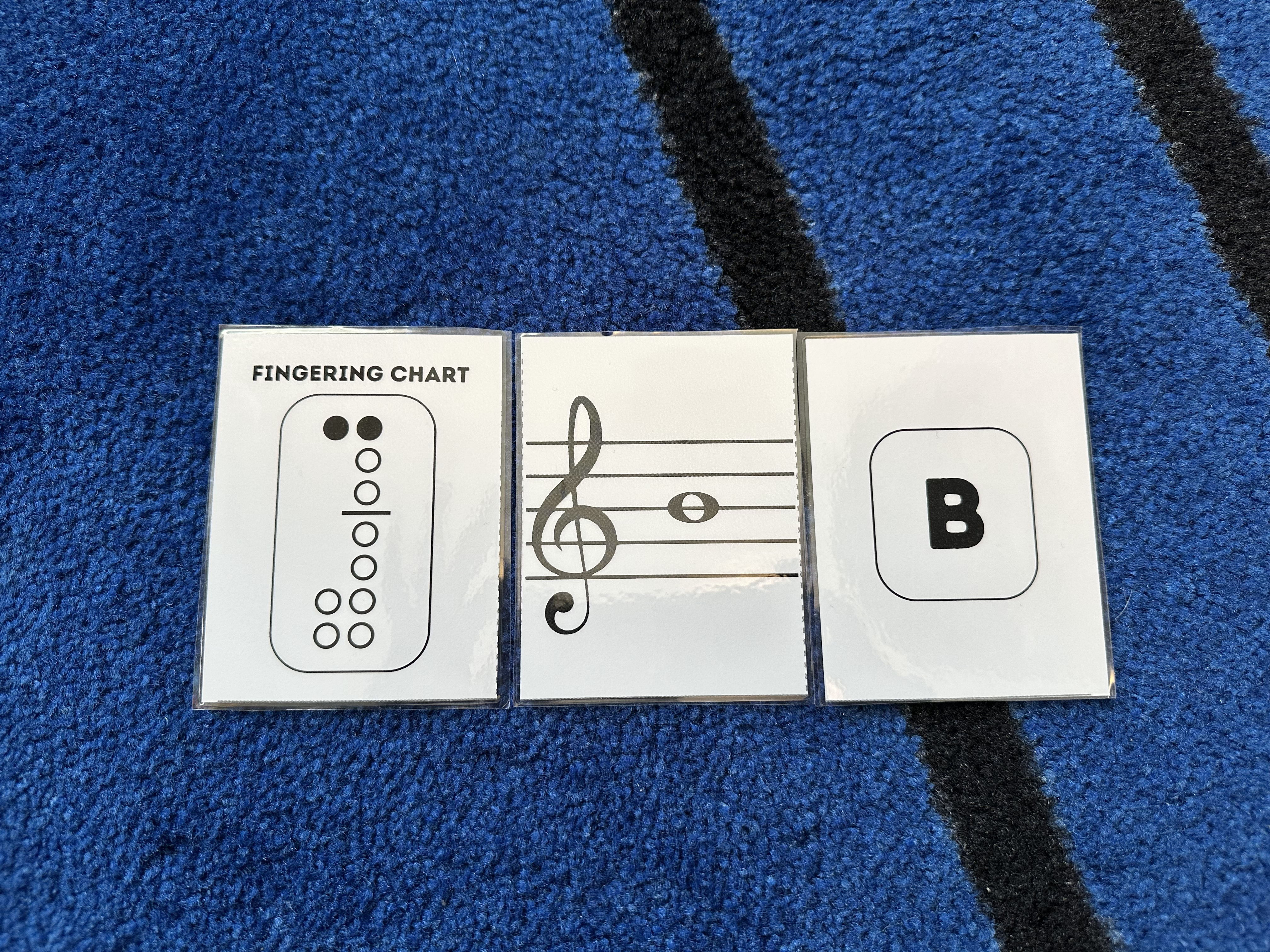Jazz on Recorder

Have your students been busy working on recorder karate belts?
In the Recorder Resource 1, the belt tests that I use are:
White belt Song #8, Hot Cross Buns (theme or variation)
Yellow belt Song #17, Skin and Bones
Blue belt Song #24, Hush Little Baby
Green belt Song #29, Ode to Joy
Black belt Song #35, Jingle Bells
In the Recorder Resource 2, I choose 4-5 songs of increasing difficulty levels for my belt tests
As students learn to play the recorder and to read music, it's important to also have them create their own music using the recorder. In the Recorder Resource 1 (or the Learn and Play Recorder App) students begin creating early! In Song #8 Hot Cross Buns, they are asked to create variations. Students can improvise rhythms with Just B and can improvise simple melodies as soon as they know 2 or 3 notes.
A template is given in the Recorder Kit 1 to have students compose their own melodies. I've had Grade 4-5 students successfully compose using this template.
1. Have the children write a 4 bar rhythm pattern using the top part of the template. Limit the students to using ta, ti-ti and rest in their rhythm. This will ensure that their melody is playable. Encourage them to have their rhythm end with ta rest or ta ta so it has a final point
2. Have them improvise using BAG E on their rhythm pattern using the recorder.
They must end on E or G. I don't want students just writing letters - I want them to be creating a melody that they can play! When they have an idea, they should write the letter names under the rhythms, and bring it to the teacher to check. I play it and if it sounds great, they can notate it. As their music editor, I might make some suggestions to make their melody sound better, but I try to let them have the final decision on edits.
3. Students notate the rhythm on the staff.
4. Project the compositions and have all the students in the class play their new melodies. If they end on G, accompany with G and D on a bass xylophone or metallophone. If they ended on E, accompany with E and B.
Another way to approach composition is to have the students begin to improvise. Jazz Cats Recorder and Blues Cats Recorder have authentic jazz and blues pieces with opportunities to improvise.

In Jazz Cats Recorder there are six pieces in different jazz styles. Students have opportunities to improvise in each of the pieces using either a very simple set of notes (BAG) or a more complex scale - this is differentiated learning at it's finest
Dizzy’s BAG uses rhythms from the swing era of jazz (1930s and 1940s). The song is presented as an echo song, however, the echo can be replaced by individuals improvising on B A G. More advanced students may add low D E Bb and high D.
Bossa Cat is in the style of a bossa nova. The Brazilian bossa nova became popular with jazz musicians in the early 1960s. The beginning soloists should use B A G while more advanced soloists can incorporate C and D.
Simba Samba is in the style of fusion jazz of the 1970s and 1980s. Beginners should use B A G and focus on rhythms more than moving melodic lines. More advanced students may add low D E Bb high D.
Dixie Cat is in the style of the first style of jazz Dixieland (1900-1930). The melody adds E to the B A G already learned.
Winka Cat is a 12 bar blues done in the big band swing era style of the 1930s and 1940s. The improvisation section is a good vehicle for practicing the B flat.
Cat Walk is in the style of the gospel influenced funky jazz style sometimes called rhythm and blues jazz of the late 1950s and 1960s. The rhythm is borrowed from the 1950s rock and roll. The solo section again features the B flat minor third blues.
Find samples from Jazz Cats Recorder: Here!
 Blues Cats Recorder has nine pieces in a variety of blues styles, again with opportunities to improvise.
Blues Cats Recorder has nine pieces in a variety of blues styles, again with opportunities to improvise.
1. Cat's Meow uses just BAG in the melody. It's a minor blues in the style of 1930s – 1940s swing era jazz.
2. Groove’s in the BAG uses BAG. It's in the style of a blues rock shuffle.
3. Blue Moon Risin' adds low E - BAG E are used. It's also in the style of a blues rock shuffle. A beginner soloists uses BAG E. The advanced soloist improvises using D E G A Bb B D'.
4. Cat Mandoo is in the style of a blues rock shuffle. The melody uses BAG E. The advanced solo uses DEGABbBD'.
5. Rockin Blues Cat is a hard rock blues that uses G A B C in the melody and the beginning solos. Advanced soloists use D E F G A B C' D' E'.
6. Tom Cat Blues is a slow shuffle blues with a 12/8 feel. It uses G A B C in the melody and the beginning solos. Advanced soloists use D E F G A B C' D' E'.
7. Heavy Metal Kitty (heavy metal rock style) uses G A B C' in the melody and the beginning solo.
8. Blues Mojo is in the style of 1950s – 1960s R & B jazz.
There are lyrics for all the songs, so you could sing them or play them on recorder.
Additional Supplemental resources for teaching recorder provide the teacher with material to use "beyond the black belt."

12 duets for soprano recorder and piano will give you a collection of easy and medium pieces for your students to play. You can use the easy selections as part of your beginning recorder program. As your students progress, you can give the students who need more challenges, the duets to work on in class time or at home. These will make really nice performance pieces that can be played or played and sung.

This collection of 19 songs for recorder using just BAG will be useful for your beginning recorder students, or as a review for your older students. Each of the songs in the collection is in a different style and is named after a different kind of bag: Shopping Bag Shuffle, Tea Bag Tango, Lunch Bag Lullaby, Golf Bag Boogie, etc. Reproducible! Piano accompaniments are included in the collection for all selections! If you prefer to use a CD, this collection includes a performance/accompaniment CD.
Musicplay Live
Registration for Musicplay Live in Washington, DC; Austin, TX; and Virtual is open!
Musicplay Workshops

Check out our latest webinar on activities for April, including Easter and Spring activities AND Bunnies: The Musical!
Musicplay Minutes Podcast

Listen to our newest podcast on ideas for St. Patrick's Day and Earth Day!

.png?width=483&height=405&name=MusicplayLive%202023%20Sing!%20Say!%20Dance!%20Play!%20With%20Artie%2c%20Denise%2c%20and%20JJ%20Locations%20FB%20(2).png)
